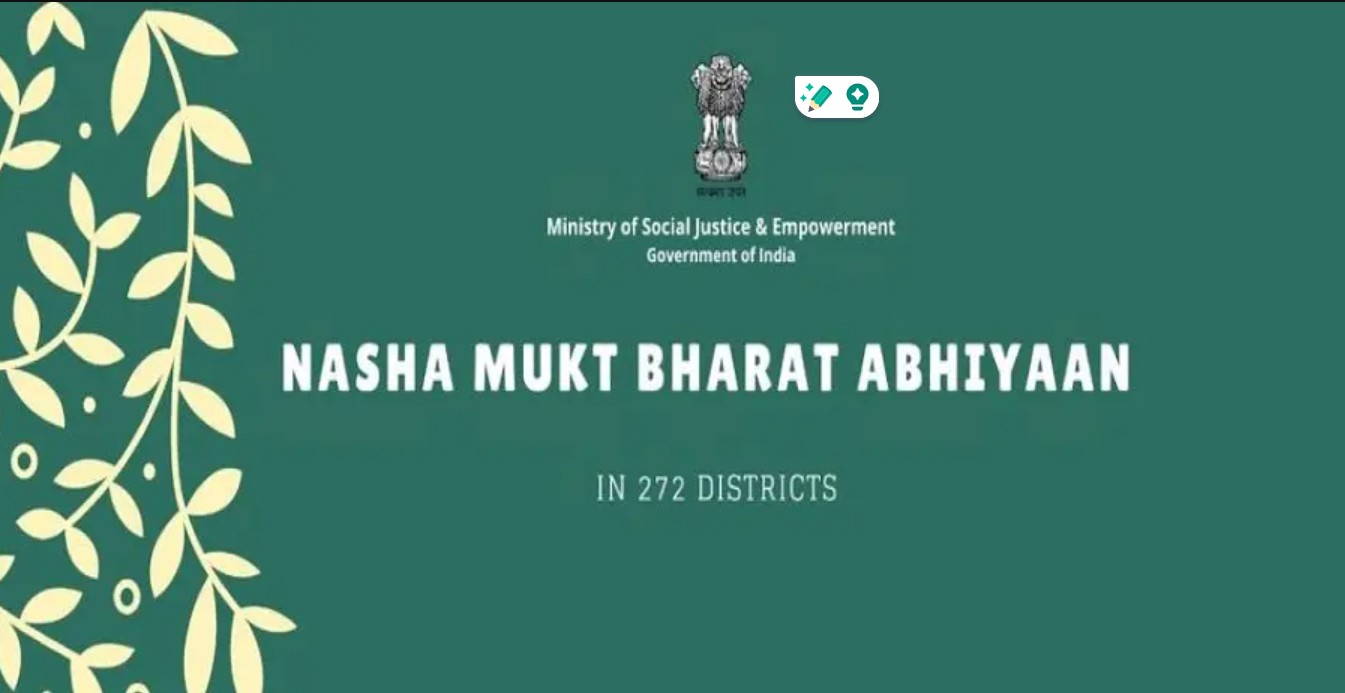New Delhi: In a significant move to combat substance abuse and promote a ‘Nasha Mukt Bharat’ (Drug-Free India), the government has entered into Memorandums of Understanding (MoUs) with six renowned spiritual and social service organizations. The collaboration aims to amplify the message of the Nasha Mukt Bharat Abhiyaan (NMBA) and conduct various sensitization programs and mass awareness activities.
The six spiritual organizations that have partnered with the government through MoUs are: Brahma Kumaris, Sant Nirankari Mandal, Art of Living, All World Gayatri Parivar, ISKCON, Shri Ramchandra Mission.
The MoUs focus on several key objectives to achieve the goals of the Nasha Mukt Bharat Abhiyaan:
Community Awareness: Conduct on-ground activities and utilize social media platforms to raise awareness about substance abuse within communities.
Educational Institutions: Target higher educational institutions, university campuses, and schools to create substance-free environments.
Community Outreach: Identify and engage with populations dependent on substances through community outreach efforts.
Counselling and Rehabilitation: Strengthen counselling and rehabilitation services for individuals struggling with substance abuse.
Youth and Adolescent Well-being: Prioritize the mental and physical well-being of youth and adolescents by offering support and guidance.
The NMBA, initiated on August 15, 2020, by the Ministry of Social Justice & Empowerment, operates across all districts in India. It focuses on creating awareness about substance use, with specific attention to higher educational institutions, university campuses, and schools. The campaign involves reaching out and identifying populations dependent on substances, enhancing counselling and treatment facilities, and conducting capacity-building programs for service providers.
Crucially, the Nasha Mukt Bharat Abhiyaan relies on voluntary efforts, encouraging public participation and leveraging technology for its implementation. The campaign has seen substantial involvement from women, students, educational institutions, and civil society organizations, showcasing a collective commitment to building a drug-free nation. The collaborative efforts with spiritual and social service organizations further underline the diverse strategies employed to address the complex challenge of substance abuse in India.





